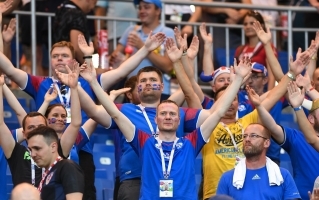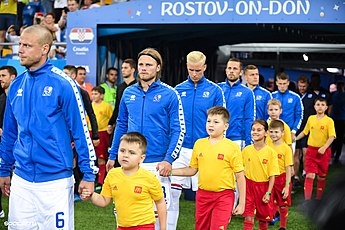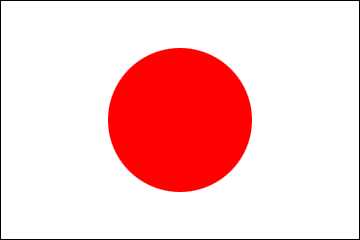From Ambassador
2019/2/27
Football and bilateral exchange



The 11th Football Conference was held in Kochi city, Japan, the other day. The yearly conference takes place across the country and is hosted by the Japan Football Association as part of the training of official coaches and instructors. And I’ve recently learnt that the technical director of the Football Association of Iceland, Mr. Gunnarsson was invited to the conference, along with guests from England and France.
It was during the 2016 UEFA European Championship when Iceland’s football team – almost unknown until a few years ago – made a sensational debut internationally. Though it was their first participation, Iceland defeated the powerful UK squad and entered the best 8 at the tournament. They continued to surprise us by topping their qualification group for the 2018 FIFA World Cup Russia and for the first time participated in the final stage. It was indeed a dream come true for the team as well as for Iceland.
As the Icelandic men's national handball team won a silver medal at the 2008 Summer Olympics in Beijing, the nation was known for handball, which is traditionally played indoors. However, their recent breakthrough in football has been phenomenal.
According to the coach and players, the key to breakthrough is the Icelandic people’s traditionally strong solidarity. Even without having a superstar, the team members can make up for each other’s weak points. I could actually feel the solidarity when, for example, members and supporters united in a stadium for the “Viking Clap”, with over 99% of the nation watching the live matches on TV.
However, their success cannot be explained only by culture and tradition. Carefully woven strategic planning and its execution over 20 years was indeed the driving force. Indoor football pitches were built across the country, which changed the practicing environment during the winter time drastically – until then, they mainly did muscle training (strength training or physical training) only. Currently, there are more or less 180 full-size football pitches, out of which 7 are indoors and 6 half-size indoor pitches and over 150 mini grass pitches around schools.
Additionally, about 900 football coaches are trained to be qualified for the UEFA A and B Licenses, that Iceland wasn’t able to foster at all until 15 years ago, which has made it possible to provide children with easy access to high quality coaching from day one. This might be a great example for the Japan Football Association to refer to.
Regarding the previously mentioned handball, the Japanese male national team welcomed Mr. Dagur Sigurðsson as their coach in 2017 and mutual exchanges in various forms are already in progress. I sincerely hope Mr. Gunnarsson’s visit to Japan will kick off further mutual football exchanges and cooperation in future.
